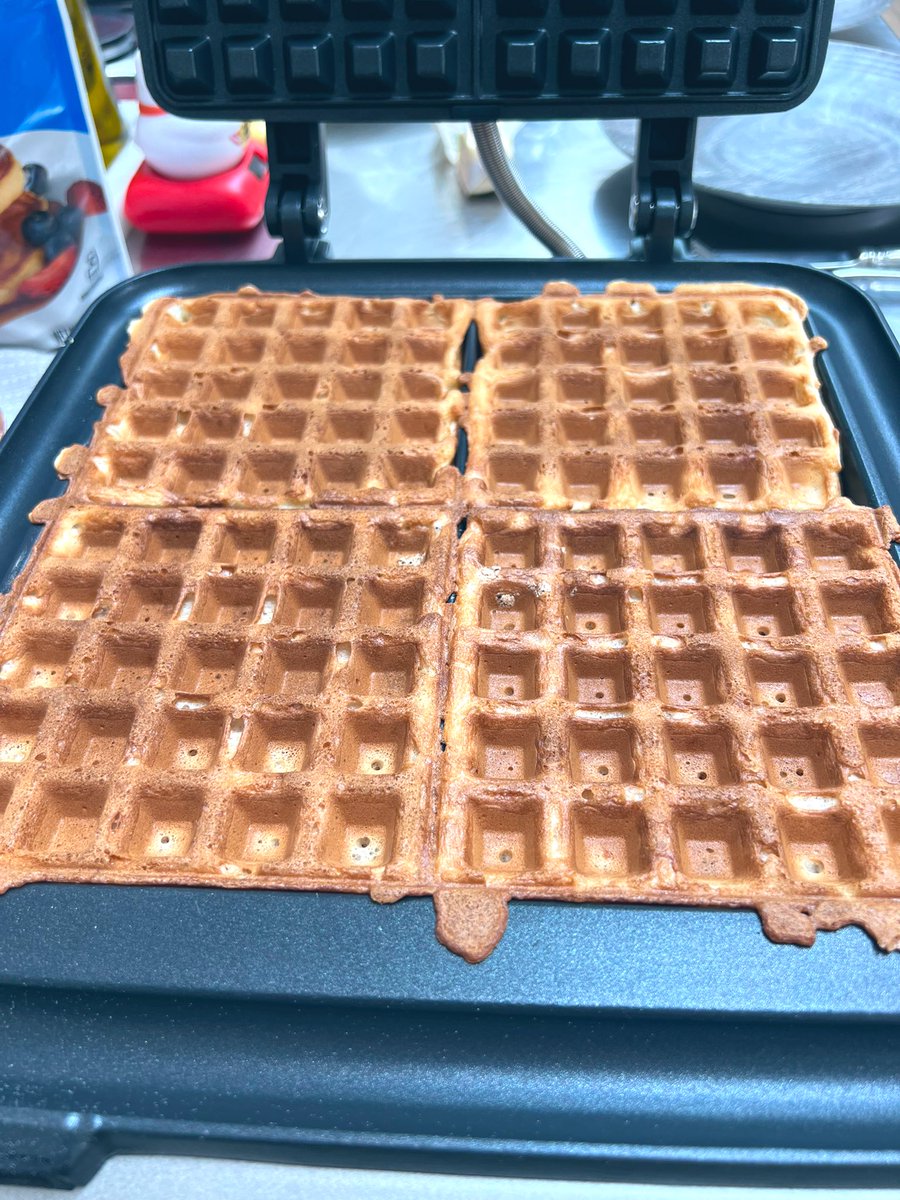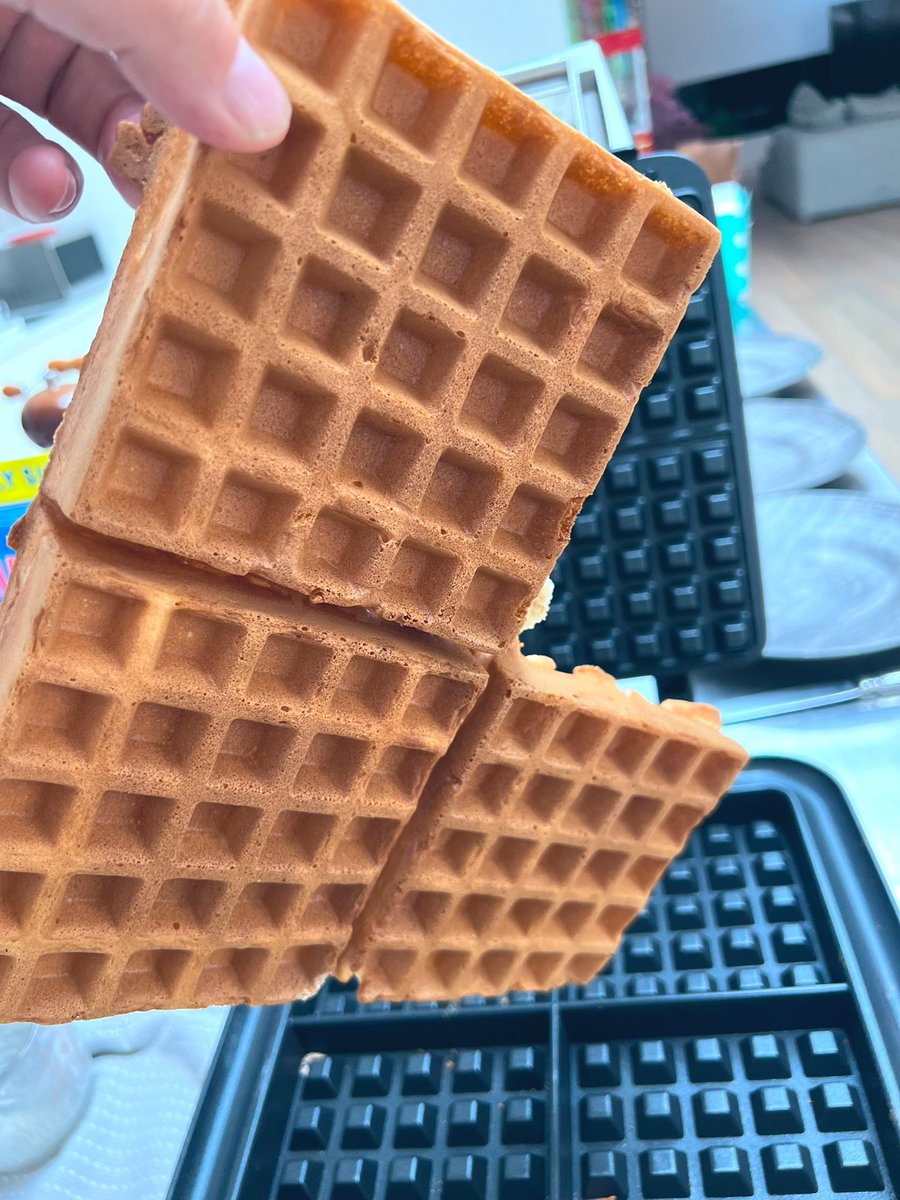If this tweet is true (yes, I am braking my Trump 72 hour rule for this one):
1. It’s a terrible idea to spend tax payer money buying the crypto bags of the people who donated many millions to him
2. It’s an even worse idea to pick winners like this
Why not a USTech strategic reserve, where we buy Apple, Google and Microsoft shares with tax payer money?
Why not a real estate strategic reserve where we buy the RE assets from huge companies?
This is a giant distraction for Trump’s important mission of
a. fiscal responsibility (balancing the budget, DOGE, etc)
b. immigration and
c. Ending wars/avoiding new ones.
That’s why he was elected — not to buy crypto bags from the donor class.
Also, a USCR will create endless investigations into how much the XRP, SOL and ADA owners donated to Trump.
Then another wave of investigations into how much of those tokens (and related projects) are owned by the administration, their families and the colleagues around them.
And for what purpose? How is it strategic at this moment in time to own crypto as opposed to say health care, closing the border or lowering the debt?
Also, we can just TAX crypto and put that money in a USCR.
Then you don’t have to TAX AMERICANS to buy the bags of the crypto people who donated a HUGE amount of money to Trump.
This will be the issue that derails his second term.
1. It’s a terrible idea to spend tax payer money buying the crypto bags of the people who donated many millions to him
2. It’s an even worse idea to pick winners like this
Why not a USTech strategic reserve, where we buy Apple, Google and Microsoft shares with tax payer money?
Why not a real estate strategic reserve where we buy the RE assets from huge companies?
This is a giant distraction for Trump’s important mission of
a. fiscal responsibility (balancing the budget, DOGE, etc)
b. immigration and
c. Ending wars/avoiding new ones.
That’s why he was elected — not to buy crypto bags from the donor class.
Also, a USCR will create endless investigations into how much the XRP, SOL and ADA owners donated to Trump.
Then another wave of investigations into how much of those tokens (and related projects) are owned by the administration, their families and the colleagues around them.
And for what purpose? How is it strategic at this moment in time to own crypto as opposed to say health care, closing the border or lowering the debt?
Also, we can just TAX crypto and put that money in a USCR.
Then you don’t have to TAX AMERICANS to buy the bags of the crypto people who donated a HUGE amount of money to Trump.
This will be the issue that derails his second term.

• • •
Missing some Tweet in this thread? You can try to
force a refresh










